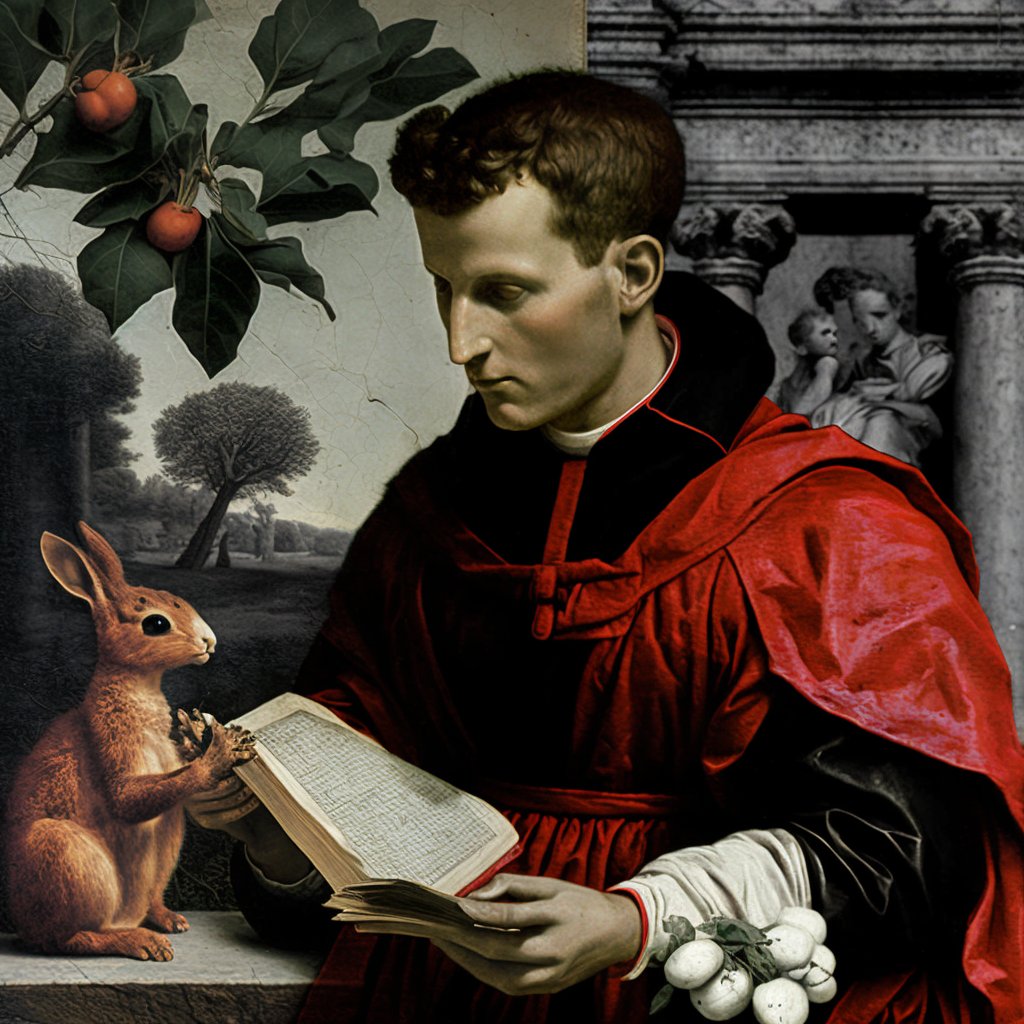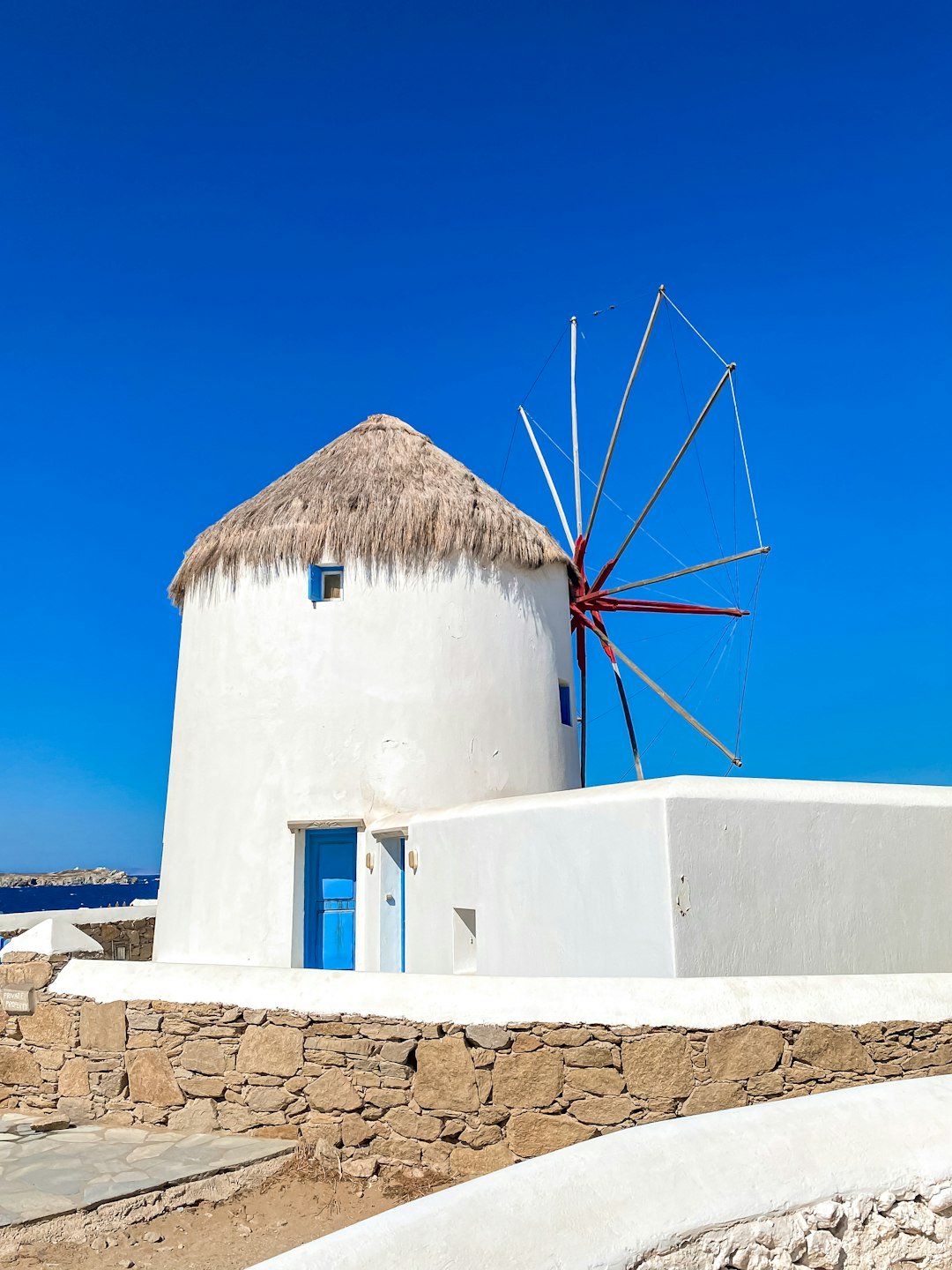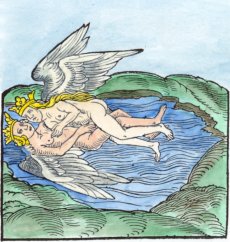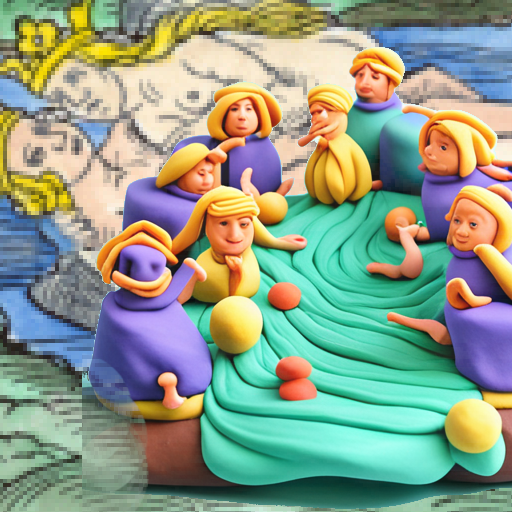
Worlding the love: romance, romantic and roman
This is a rebooted crosspost from substack written june 2023.
See also: Worlding and the sentimental theory of value - part one and Etymology of Romance Terms
Romance, romantic are words deriving from the ruination of the empire of the city of Rome. That is, after it empired or end-of-empired, and in those de-intensification of activity and power, its ruins forget their glorious past, and the decay itself was glorified in the name of feeling, while millennia later Roman aqueducts moved emotions from the hills of mystery to the towns of vicarious nostalgia. The Romans had become Romantics. They saw themselves as the cure for mechanical logic of course, but the Romans “themselves” were practical folk.
Some languages are cursed with the word roman to box longer form fiction. English romans are called novels. We curse our stories with novelty rather than dead empires. English does reserve the imperius curse in the term romance, which may or may not be novel.

The first novel in Europe is often claimed to be Don Quixote, about a “knight” who had pathologically read too many romances. (I’ll be tilting at windmills soon.)(I just pointed out some foreshadowing through the fourth wall, and then it is over to you.) In these romances adventure and love combined to confuse the well-read as to what reality was. This is a good thing for world-building if we remove the “romance” from it.
You can have fantasy romances that focus on adventure and grand tours of ruins, and movies called Romancing the Stone, but the general idea, even if it is only about the bizarre luck some people have, is the sense of feeling of unreality or unlikelihood, often ur-mythically combined with gloom and doom (Gothic/horror are spin-offs as well as SF&F), but not necessarily for children like “fairy stories” have become. So the usage comes from a re-intensification of stories told in the shadows of imperial ruins and their dusty bones, which verge into unreality… —the way ghosts re-resuscitate the past, or dead kings sleep under magical hills waiting for their second coming, or the way Roman Catholic Church clerics urged their faith onto iron age warriors, et tu can be an emperor of these ruins, or something, it’s another mystery so trust us and obey. Just let us keep the books, we’re good at it, and as a bonus, our ordination ceremonies can shamanise your simpy bro into a monk.
However, in English the most automatic response to the word ‘romantic’, is not the Roman Empire, nor to romance as a novel generally, but to the Romantics and in particular with romance, where the relationship itself is an adventure… of —finding and falling in love, which brings us to romance novels as a sub-genre of the Romance as well. In modern marketplace this is not harped on much by publishers or readers. Romance, fantasy and science fiction are all the same thing really, just different emphasis. Romance/SF/F/roman\novel/fiction/worldbuilding-practice. It’s just the mix of love, versus adventure, versus grand tour of ruins, etc varies.
I understand (this means I am generalising, please point it out where I am wrong from beyond the fourth wall of commentary out there/down below) that in some classic (as in decades past) criticism of such romantic fiction is that there is a psychological trope in which the love interest in the love adventure is just some individual personality completion or fix or cure of the protagonist themselves. They find themselves (cured) in love with X/Y/Z of themselves. (Some more recently find the cure in rejecting this, but they have been sucked in by all this pathologising too.)
In this cure, gendered distinctions are often used as opposites, so the bilateral animal metaphor can be used to define health, and so the falling in love as cure consists in finding the right match between the two parties, where finding some balance is the magical power-dance, and the difficulties en route are the method of diagnosis. The argument here was that this pathological process objectifies emotionally just as badly as any sexual objectification does of one’s looks and features.
If we were ancient Greeks all this might be morally regarded as proper because the good-looking were fair of heart and moral too, if not poetry in motion, for the gods said so and they were gorgeous and beauty was not skin deep.
Now I don’t know if I have read enough romantic fiction, but I have watched the odd rom-com, and while films/movies are not novels/romans the key thing here is… —story telling. Fat worldbuilding try-outs is the bigger set, adventurous/novel or not.
Anyway in this older criticism, and which one may label as a self-healing journey of the hierogamist as hero, the search for love is about a completion in union. Perhaps these are called romances because it is a lost cause, and ruinous, but as luck would have it, love wins through in the end. But why name all this rom stuff after a dead empire —is that a giant I see on that hill?

A healthier usage would avoid all that sickness and sad pain. To build a world in fiction or reality using the shadows of ruins is sad as… —nazis were romantics you known… —see Ruin value.

I suggest we remove romantic and romance and roman as they have colonised the best part of us with war, decay and death, and that we should dispel the gloom but retain the love by enjoining the word world instead.
For example, in regard to the “romantic” trope leading to the happy-ever after marriage. Replace this with worlding, in which someone seeks to actively build a world for their life, in this situation the partner sought need not be seen as a psychological crutch, or diagnostic tool, leading to some sort of hierogamous healing of the psyche. In may or may not involve some _one_ _else_.
A hierogamous healing of the psyche pathologises relationships, or at least individuals, this is unhealthy. Trying to cure everything because you want to be a healer is a sickness IMHO. Over-extension of a favourite skill or talent. It focuses on the individual, this is bad psychology, at least, psychology being badly behaved as a lived reality by peeps complete with windmill titlting. But that is worldbuilding for ya.

So instead of roman/novel we have worldlet. (Novellas are little worldlets, and short stories are worldies. ??)
Instead of romance we have worldletting. Loveletting?
Romantics have to remain the same because they are losers. See nazis above.
Thus non-romantic “romantics” are Worldren, like children, but in adulting for children in their care (or not). In/of the world.
Romance novels are thus worldlet glories of love, loveletting. Completion and happy-ending not required, and thus much more real, if unlikely but more “worldly”.

This post was inspired in/by reacting to the word ‘dialectic’ and to which I replied “whenever I hear the word "dialectic" I reach for my heart.” And then had to explain the thing Goering said about culture and revolvers. By thing I mean joke. I had to explain a joke FFS.
